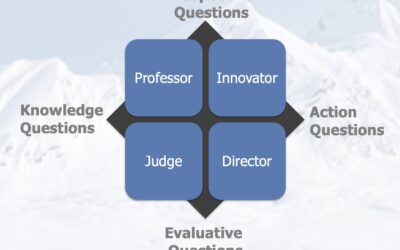Josh Ramo, the youngest Senior Editor and Foreign Editor ever at TIME Magazine, is both a great writer and a global citizen. A friend of mine for the past eight years, he now works as Managing Director at Kissinger Associates, Inc., which is owned and managed by Henry Kissinger. I’m not surprised that Josh chose to work for the former Secretary of State, since Josh speaks Mandarin and frequently seeks connection between the U.S. and the world at large. In his latest book, The Age of the Unthinkable, Josh examines recent disruptions to well-established institutions and mental models, and finds solutions to problems from unlikely and far-flung sources.
Some of these unlikely and far-flung sources include the chief information officer of the Hezbollah (Who would even think a terrorist organization has such a position?), the Silicon Valley venture folks who founded Google, President Gorbachev, ground breaking physicists, and others. Tying them together under the common banner of revolutionaries, Josh argues that they are more successful than organized bureaucracies like the State Department, White House, and Pentagon. Josh asks, “Why are these revolutionary models so successful?” and “How might we adapt some of this thinking into our organizations?”
Josh’s key findings surface as he investigates the notion of resilience. When the unthinkable and unimaginable happen, and our traditional models aren’t equipped to handle the aftermath, we need new and better methods to cope and rebound. In The Age of the Unthinkable, you’ll learn some of these methods.
Since he advocates a new manner of thinking (no small topic or feat), this book provides only a taste of the advantages we might enjoy and challenges we might face. Josh makes the complex easy to understand, though, so it is a highly worthwhile read.


